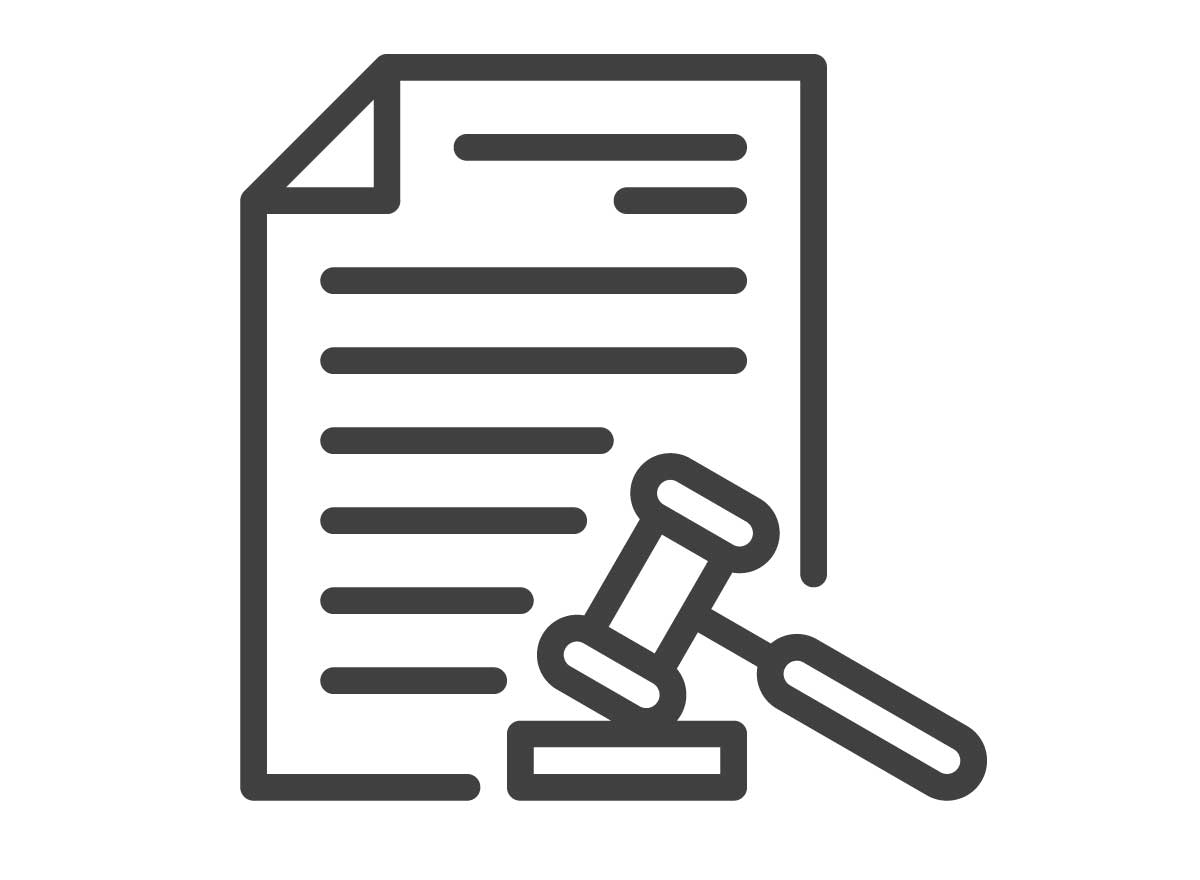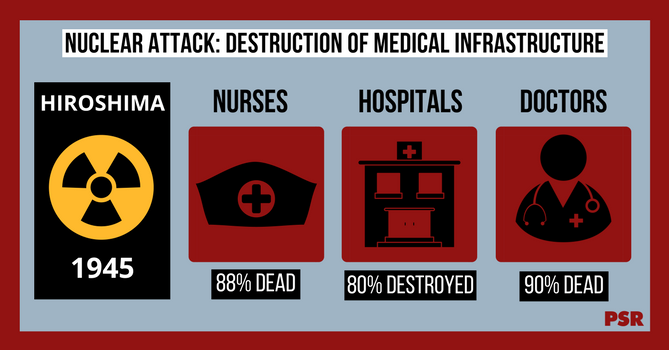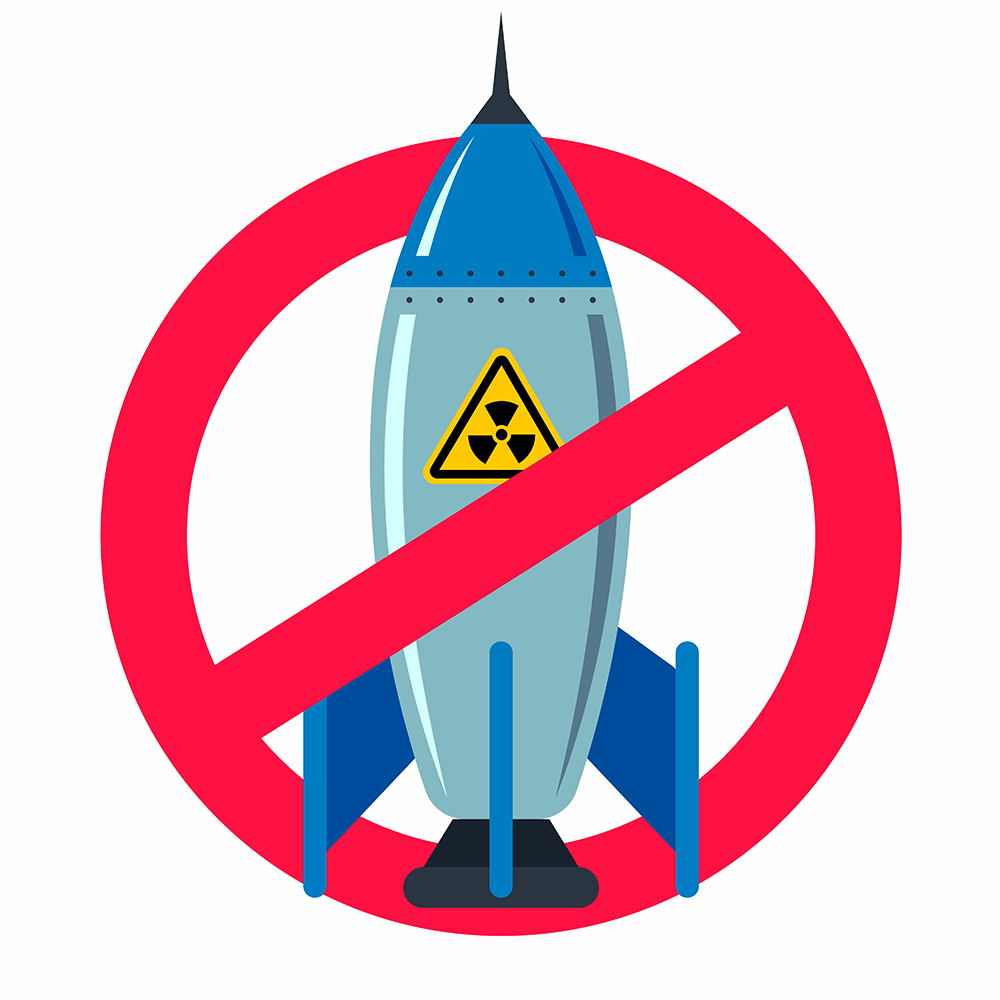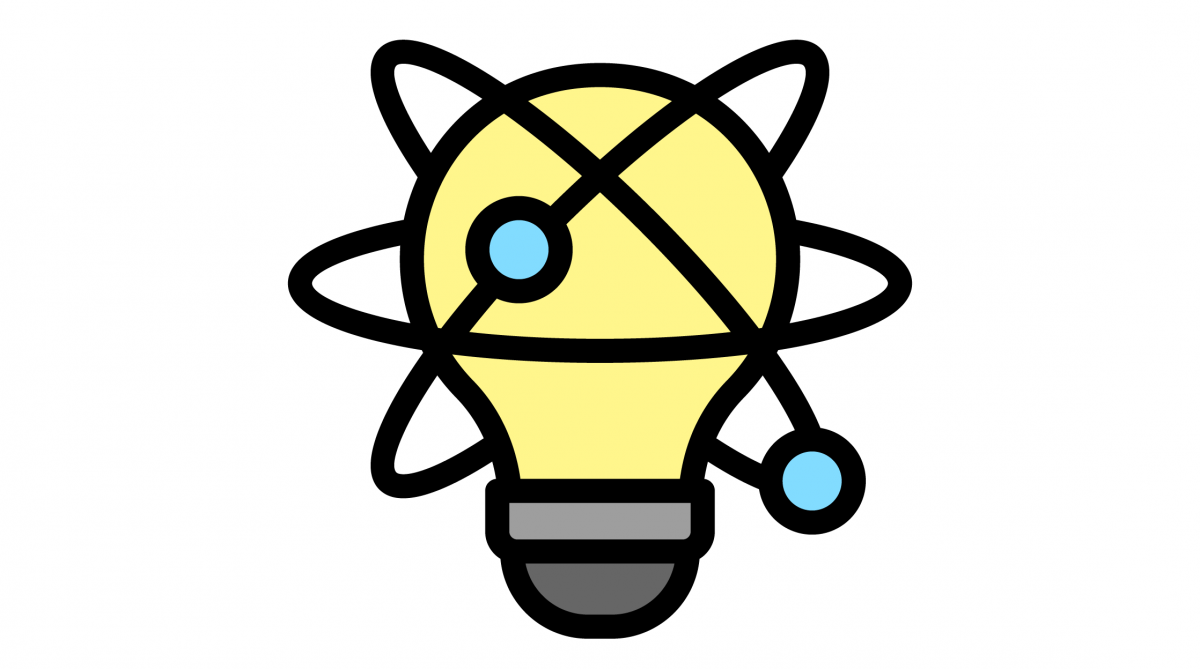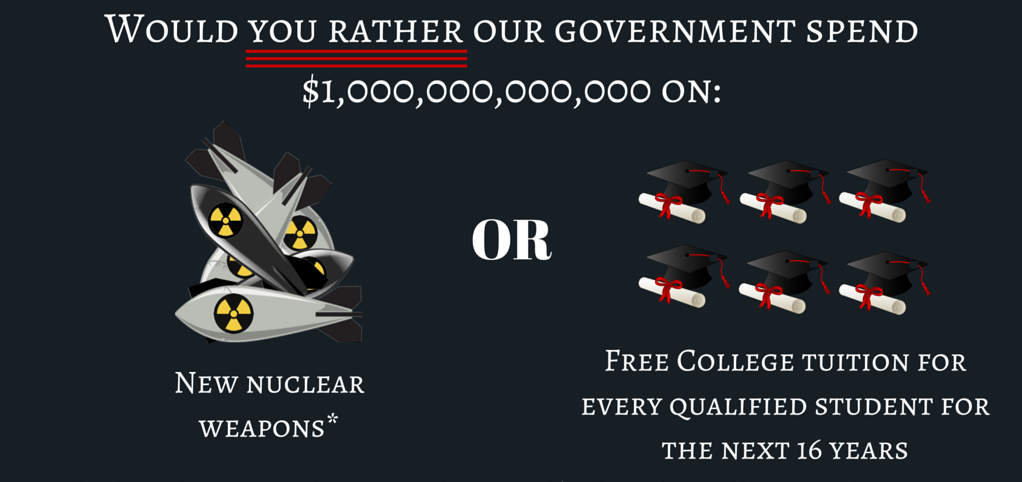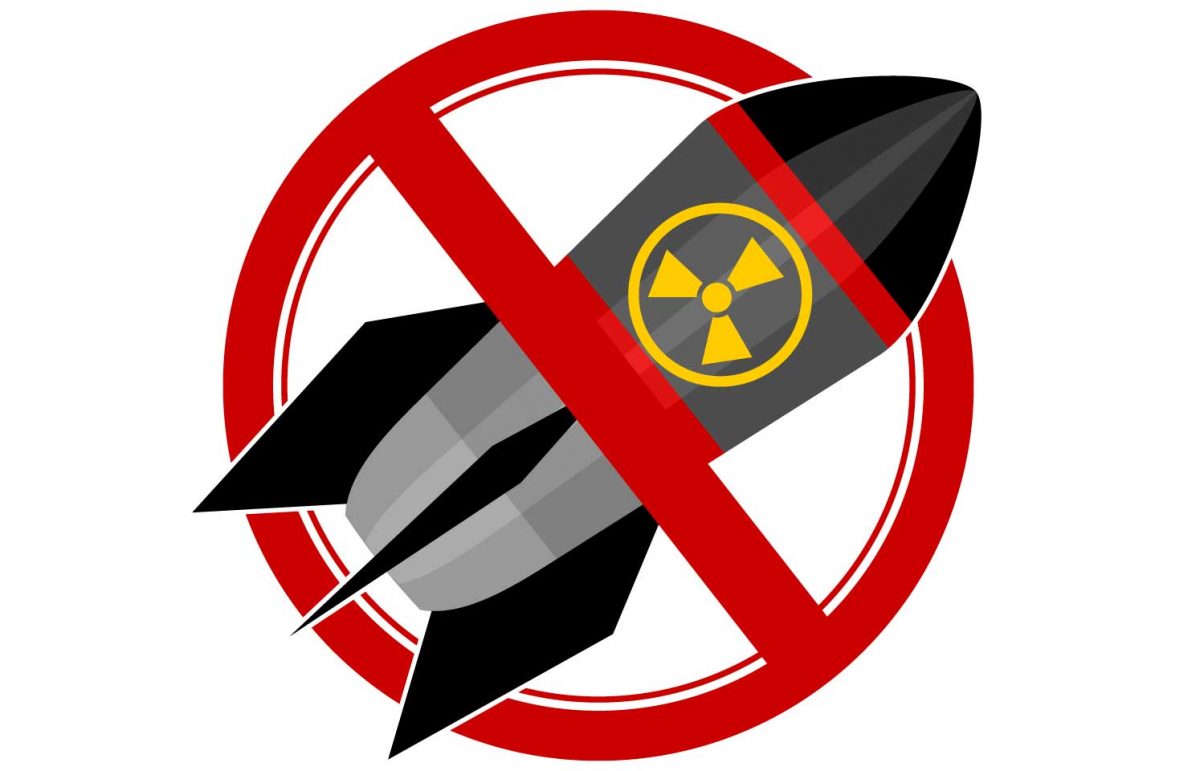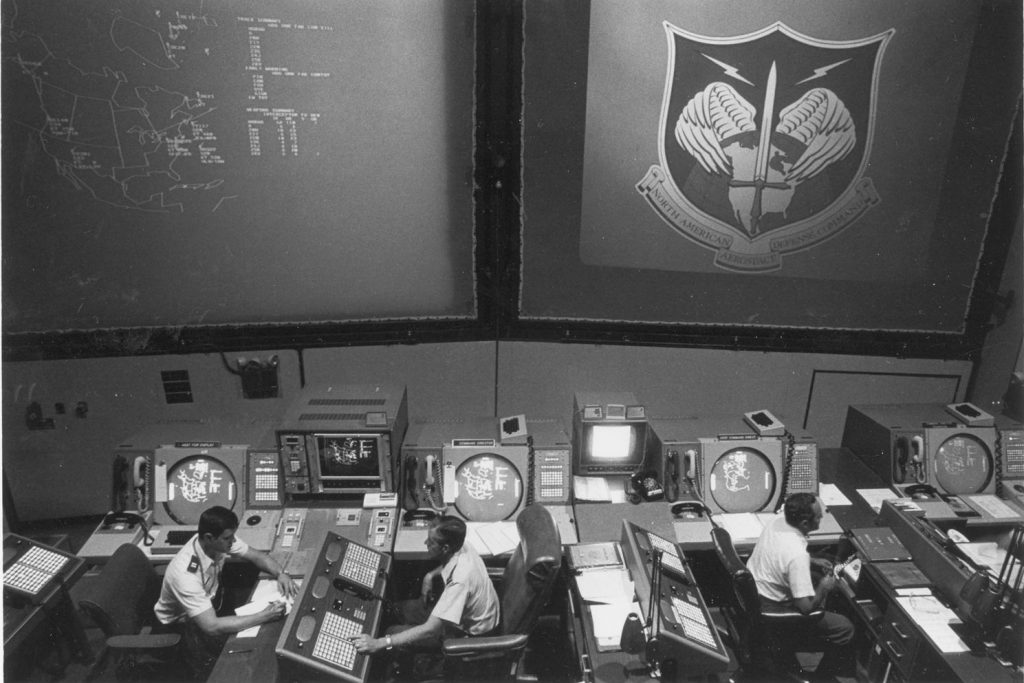Campaign Priorities
In the Trump era, the threat of nuclear war is the highest it’s been in decades. The Bulletin of Atomic Scientists has moved its famed Doomsday Clock from three minutes to two minutes to midnight since Trump took office, midnight representing nuclear catastrophe. They cited President Trump’s reckless and ignorant comments on nuclear weapons as one of the main reasons for the change, and rightly so. Trump has asked “if we have nuclear weapons, why can’t we use them?” He’s called for greatly expanding our nuclear arsenal, and when questioned on the dangers of that proposal, he said “let it be an arms race.”
No Red Button
No one should have the power to unilaterally start a nuclear war, but Trump’s finger on the proverbial red button makes the need to change our nuclear command and control structure all the more urgent. As it stands, president Trump could launch a nuclear first strike unilaterally, with zero input from Congress. That’s why we’re working to build support for legislation from Senator Ed Markey (D-MA) and Representative Ted Lieu (D-CA) that would require a declaration of war from Congress in order for the president to launch a nuclear first strike. You can click here to take action now by urging your members of Congress to support this important legislation.
We’re also advocating for the U.S. to take our nuclear weapons off of hair-trigger alert, a status that allows for their launch within a matter of minutes. Keeping our nuclear weapons on hair-trigger alert increases the risk of accidental nuclear war. Since nuclear weapons were created, multiple close calls have occurred, for example when a flock of Canadian geese was once misinterpreted as an incoming Soviet nuclear bomber attack.
Stop a New Nuclear Arms Race
We’re working to stem the expansion of our nuclear arsenal that began under President Obama, but is escalating under Trump. This so-called “modernization” program is really a euphemism for rebuilding our nuclear arsenal from head to toe, at an estimated cost of $1.7 trillion (that’s $1,700,000,000,000) over the next three decades. Not only can our nation not afford this absurd price tag, this escalation is also contributing to a new nuclear arms race between virtually all the nuclear weapons states, but particularly the U.S. and Russia, making the whole world less safe.
To address this threat, we’re working to raise public and congressional opposition to this ill-advised escalation, and working to cut funding for the most destabilizing aspects of the expansion. In that vein, we’re supporting legislation known as the SANE Act, introduced by Sen. Ed Markey (D-MA) and Rep. Earl Blumenauer (D-OR) and named after Peace Action’s earlier name, the Committee for a SANE Nuclear Policy, which would cut a modest but critical $100 billion from this nuclear weapons spending spree over the next ten years.
Protect and Promote Nuclear Diplomacy
From the Nuclear Nonproliferation Treaty to the New Start Treaty to the Iran nuclear agreement and others, we’re working to ensure that the U.S. lives up to its commitments under treaties and agreements we’ve already signed onto.
We’re also encouraging the U.S. to participate in further nuclear diplomacy with Russia and other nuclear-armed nations to accelerate the reduction of the world’s nuclear arsenals and take steps to decrease the threat of nuclear war. Unfortunately, the U.S. and other nuclear-armed states boycotted the successful United Nations effort to negotiate a treaty banning nuclear weapons, but that didn’t stop Peace Action, and 122 of the world’s nations, from supporting and passing it through the U.N. General Assembly.
In the current geopolitical climate, one of the most pressing issues in need of nuclear diplomacy is the growing threat of war with North Korea. The U.S. must drop its preconditions and come to the table to see if we can first negotiate a freeze on North Korea’s nuclear weapons development.
Related Resources
Fact Sheet: Restricting the First Use of Nuclear Weapons
